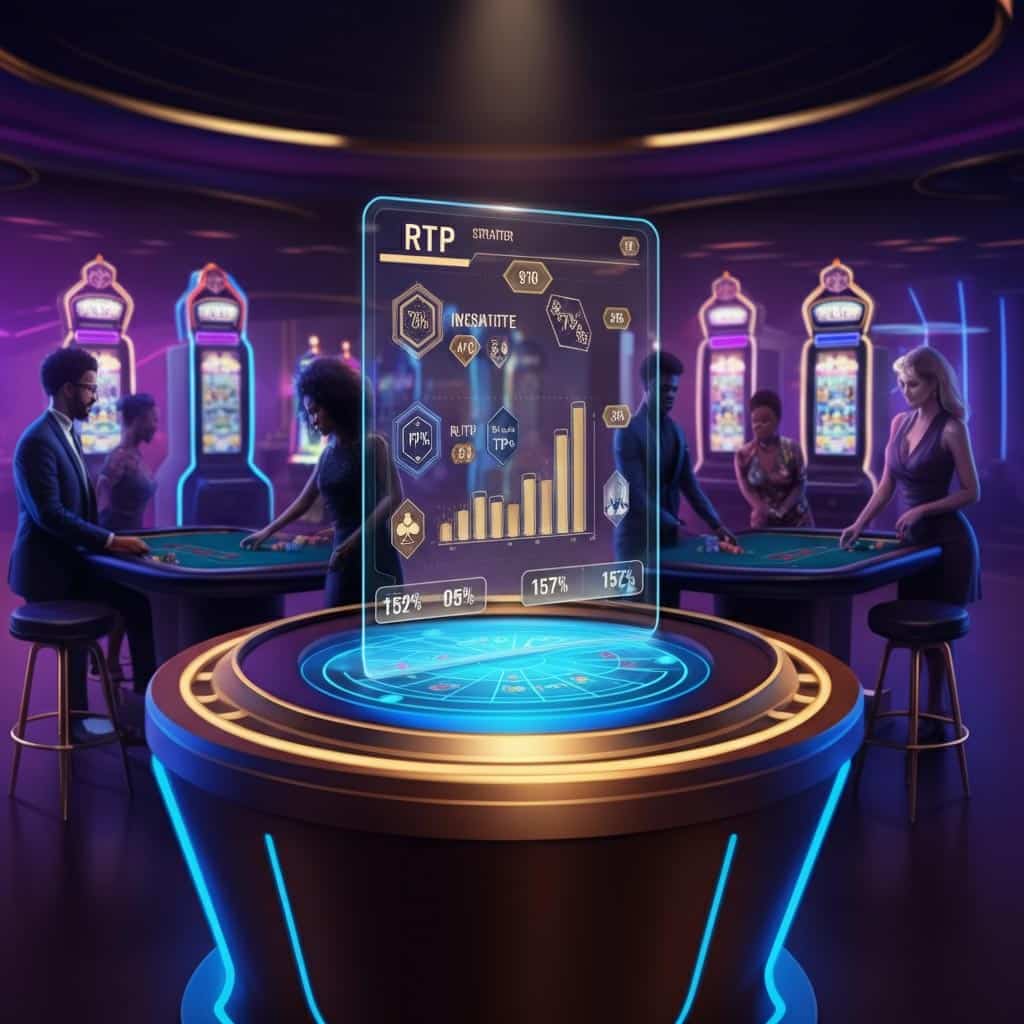
Online casinos have become a global phenomenon, attracting millions of players with their convenience, variety, and innovative features. But how did these digital gaming hubs evolve from their humble beginnings to the sophisticated platforms we know today? Whether you’re a casino enthusiast interested in your hobby’s roots, or a history buff fascinated by the intersection of technology and entertainment, this post will walk you through the key milestones in the rise of online casinos. You’ll discover early challenges, influential players, major legal battles, and the cutting-edge trends shaping the industry’s future.
The Emergence of Online Casinos
When the internet first began connecting people across continents, few could have predicted the massive growth of online casinos. Throughout the 1990s, with dial-up modems and clunky desktop computers, tech pioneers saw the potential to bring the thrill of casino games directly into people’s homes.
The first online casino appeared in 1994, just as the World Wide Web started to enter public consciousness. While these pioneering platforms were basic by modern standards, they laid the groundwork for a brand-new industry, forever changing the way people could experience games like blackjack, roulette, and slots.
Early Beginnings: The Seeds Are Planted
The birth of online casinos can be traced back to a significant legal event: Antigua and Barbuda’s Free Trade & Processing Act of 1994. This legislation allowed companies to apply for licenses to operate online casinos, attracting a wave of interest from entrepreneurs worldwide.
The very first online casinos were launched by companies like Microgaming and CryptoLogic, which would soon become industry giants. These early platforms offered a handful of basic games, simple graphics, and clunky user interfaces. Internet connections were slow, and trust was a major hurdle; players worried about fairness, security, and whether they’d actually get paid if they won.
Despite these obstacles, online casinos quickly gained traction. By 1996, there were already 15 active sites; a year later, that number had jumped to over 200, signaling the explosive demand for digital gambling experiences.
The Rise of Software Providers
A turning point for online casinos came with the rapid development of gaming software. Microgaming, founded in 1994, claims to have developed the world’s first true online casino software. CryptoLogic, meanwhile, specialized in processing secure online financial transactions, making it possible to bet with real money over the internet.
These companies became central players in the evolution of online gaming. Their platforms grew more stable and secure, allowing for the safe handling of player funds and sensitive data. The variety and quality of games also improved, with more realistic graphics, sound effects, and gameplay mechanics.
Other software providers soon joined the market, each pushing boundaries in game design and user experience. Playtech, NetEnt, and RealTime Gaming were among those who contributed to an explosion of options for online gamblers, from video slots and poker rooms to live dealer games that streamed real croupiers directly to players’ screens.
Legal Challenges and Regulatory Hurdles
The meteoric rise of online casinos caught the attention of lawmakers and regulators. Concerns over gambling addiction, underage players, fraud, and money laundering led to strict scrutiny in many countries.
Notably, the United States passed the Unlawful Internet Gambling Enforcement Act (UIGEA) in 2006, making it illegal for banks and financial institutions to process transactions for unauthorized gambling sites. This forced many operators to leave the US market or adapt their business models.
Elsewhere, regulations varied widely. The United Kingdom introduced the Gambling Act 2005, creating a robust framework for licensing, fair play, and player protection. Other jurisdictions, such as Malta and Gibraltar, established themselves as global hubs for regulated online gaming by offering clear rules and international licenses.
Operators now faced the dual challenge of meeting local legal requirements while still offering seamless global services. This led to greater transparency, more responsible gaming tools, and improved standards across the industry.
The Mobile Gaming Era
The next major revolution came with the smartphone. By the late 2000s, mobile devices had become powerful enough to handle complex graphics and fast internet connections. Software providers adapted, launching casino games tailored for iOS and Android platforms.
Mobile gaming transformed online casinos by making them more accessible than ever. Players could now spin a slot reel, draw a hand of blackjack, or join a poker tournament from anywhere, at any time. This wave of convenience brought a new demographic of players into the fold and helped cement the industry’s mainstream status.
Today, mobile gaming accounts for a significant share of online casino revenues. Many operators now develop games specifically for mobile play, featuring touch-optimized controls, bite-sized betting options, and innovative formats such as live mobile streams with real dealers.
Future Trends in Online Casinos
The online gambling industry remains an epicenter of innovation. Several trends are poised to shape its next chapter:
Live Casino Experiences
With advances in live streaming and real-time connectivity, live dealer games have bridged the gap between land-based and online casinos. Players can interact with real croupiers and other gamblers in real time, adding a social and authentic touch to digital markets.
Virtual Reality and Augmented Reality
VR and AR technologies promise immersive, interactive casino environments. A few pioneering platforms already offer virtual reality poker and roulette rooms, where players can walk around digital casinos, chat with others, and experience realistic sights and sounds.
Cryptocurrency and Blockchain
Digital currencies like Bitcoin have made deposits and withdrawals faster and more anonymous. Blockchain technology is also being used to create provably fair games, allowing players to verify the randomness and fairness of every spin or shuffle.
Responsible Gaming and Regulation
Regulatory bodies now use AI and big data to monitor player behavior, promote safer gambling habits, and identify problem gaming early. Future online casinos are likely to offer even more robust responsible gaming tools and support resources.
Personalization and Gamification
Operators increasingly use data-driven insights to personalize bonuses, game recommendations, and content. Gamification elements such as missions, leaderboards, and achievements add a new layer of engagement beyond traditional bets and wins.
Reflecting on the Evolution of Online Casinos
From humble beginnings on the early Web to dynamic, immersive gaming experiences on any device, the story of online casinos reveals astonishing progress in both technology and regulation. The industry has weathered legal storms, embraced new platforms, and continually reinvented itself to meet changing player demands.
For casino enthusiasts, the wealth of choice and innovation can make every visit an adventure. For history buffs, the rapid transformation of this industry stands as a testament to how new technologies shape entertainment and society.
If you’re keeping an eye on the future, watch for further leaps in immersive tech, strengthened player protections, and increasingly customized experiences. Whatever comes next, online casinos are sure to remain vibrant, dynamic, and fascinating for years to come.






